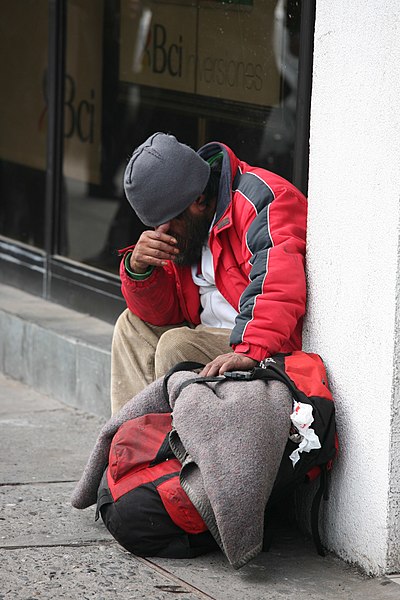
As per RTL Nieuws' investigation with key organizations tracking such data—De Regenboog in Amsterdam and Barka in 14 other cities—over 6,000 migrant workers are currently homeless in
the Netherlands. These figures might be an underestimation considering the country's 342 municipalities.
National bodies like Valente and The Salvation Army, although not maintaining specific figures, acknowledge the increasing trend of migrant workers finding themselves without shelter in Dutch cities.
The housing situation for migrant workers is often tied to their employers, creating a precarious situation, explained a social worker at De Regenboog to RTL. "Losing one means losing the other." This dependency leads to vulnerability and susceptibility to exploitation. "They're essentially seen as disposable workers. If production halts, if someone falls ill, or if someone becomes problematic, they risk immediate job loss."
Many migrant workers secure employment through temporary agencies. While these workers are entitled to four additional weeks in their homes post-termination, in reality, numerous agencies disregard this, according to trade union FNV. Instances arise where temporary workers are forced to vacate their residences within a day of losing their jobs.
A critical issue emerges from the lack of awareness among migrant workers about their rights, rendering them more susceptible to exploitation, several aid organizations highlighted. There's a misconception among many that they possess no rights at all, which contradicts the reality, explained Dion Kramer, an assistant professor of European Law. "Any individual who has worked in an EU member state must be treated as an employee for six months." This grants them the same rights as Dutch employees, including access to UWV benefits and homeless shelters.
The Immigration and Naturalization Service (IND) confirms that "EU migrants, in principle, have the same right to reception." However, Kramer notes that several municipalities either remain unaware of or overlook this fact. Some apply the "five-year scheme," requiring EU migrants to demonstrate five years of residence and work in the Netherlands before accessing shelter. Despite the five-year requirement in European rules, these migrants should still be treated as Dutch employees for at least six months post-employment in the Netherlands.
For migrant workers, the language barrier and the intricate Dutch bureaucratic system pose insurmountable challenges. "They might be eligible for UWV benefits, but they often fail to apply," mentioned a social worker from De Regenboog. Once they find themselves on the streets, the situation deteriorates rapidly. "We witness alcohol and drug abuse, sometimes seen as survival mechanisms." Furthermore, prolonged homelessness complicates their chances of re-employment, creating a vicious cycle. Photo by Alex Proimos, Wikimedia commons.



































